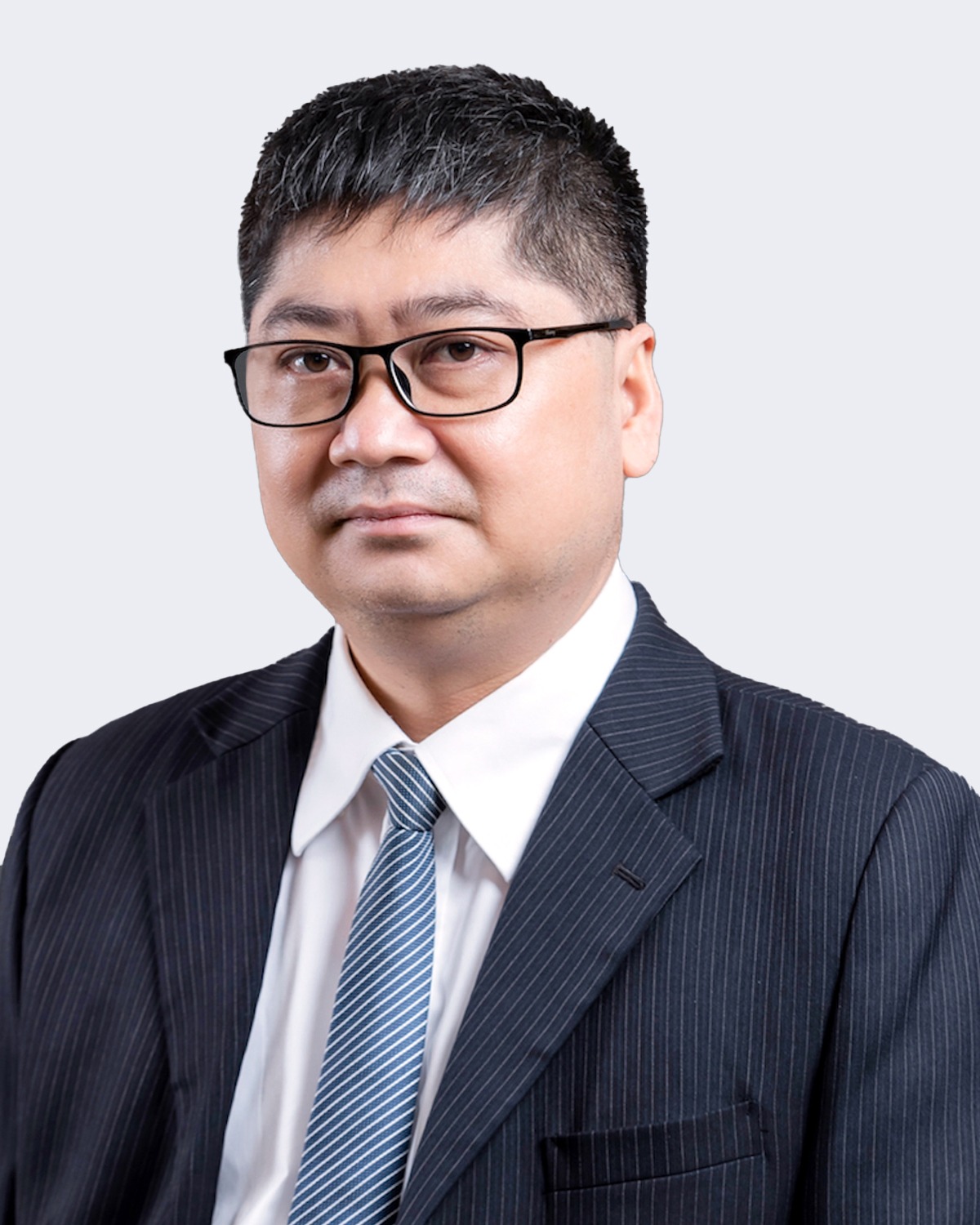
On May 15, 2016, shortly before the new Law on Pharmacy was adopted, the Vietnamese government issued Decree No. 36/2016/ND-CP on the management of medical devices (Decree 36). This decree took effect on July 1, bringing medical devices under uniform management. Previously, there were two separate systems of legislation—one for medical devices manufactured domestically and the other for imported medical devices. All domestically manufactured medical devices had to be registered and granted marketing authorization licenses (MA licenses) from the Department of Medical Equipment and Health Works (DMEHW) under the Ministry of Health before being circulated. Foreign medical devices, on the other hand, did not require registration but had to obtain import licenses from the DMEHW to be imported and circulated in Vietnam.
In practice, management via import license created difficulties for foreign medical device companies, because each shipment required a new license. In addition, only 49 types of foreign medical devices were included in the list of medical devices requiring an import license—other types were, by default, exempt. This led to difficulties for the competent authorities because they needed to continually update the list or risk omitting new medical devices which, by their nature, should be strictly managed.
Decree 36 appears to provide some improvements in management. Some of the changes brought about by the new decree include:
1. Medical devices will be managed based on the risks that they pose to patients, and other risks related to design and manufacturing, and will be classified into four types based on risk level, from type-A (lowest risk) to type-D (highest risk). This classification is harmonized with ASEAN regulations.
2. All medical devices will be managed through MA licenses. If a foreign medical device has been granted an MA license, such medical device can be freely imported into Vietnam without any import license or import quota, provided that the MA license is still valid. There are two different types of MA license:
- MA licenses for type-A medical devices use the receipt number of their quality declaration dossiers, and are valid indefinitely.
- MA licenses for type-B, -C, and -D medical devices use the numbers from their circulation registration certificates, and are valid for five years.
3. Representative offices of foreign medical device owners can be applicants for MA licenses of medical devices.
4. Type-C and -D medical devices, which invade the human body, must undergo clinical trials in Vietnam.
In addition, the decree sets out conditions for companies and individuals who provide technical advisory services in medical devices. This area was not previously mentioned in legislation.
Under the new decree, management of medical devices will be tightened, but the legislation system will be clearer and more systematic. Overall, companies operating in the medical devices industry should find it easier to conduct business in Vietnam.
